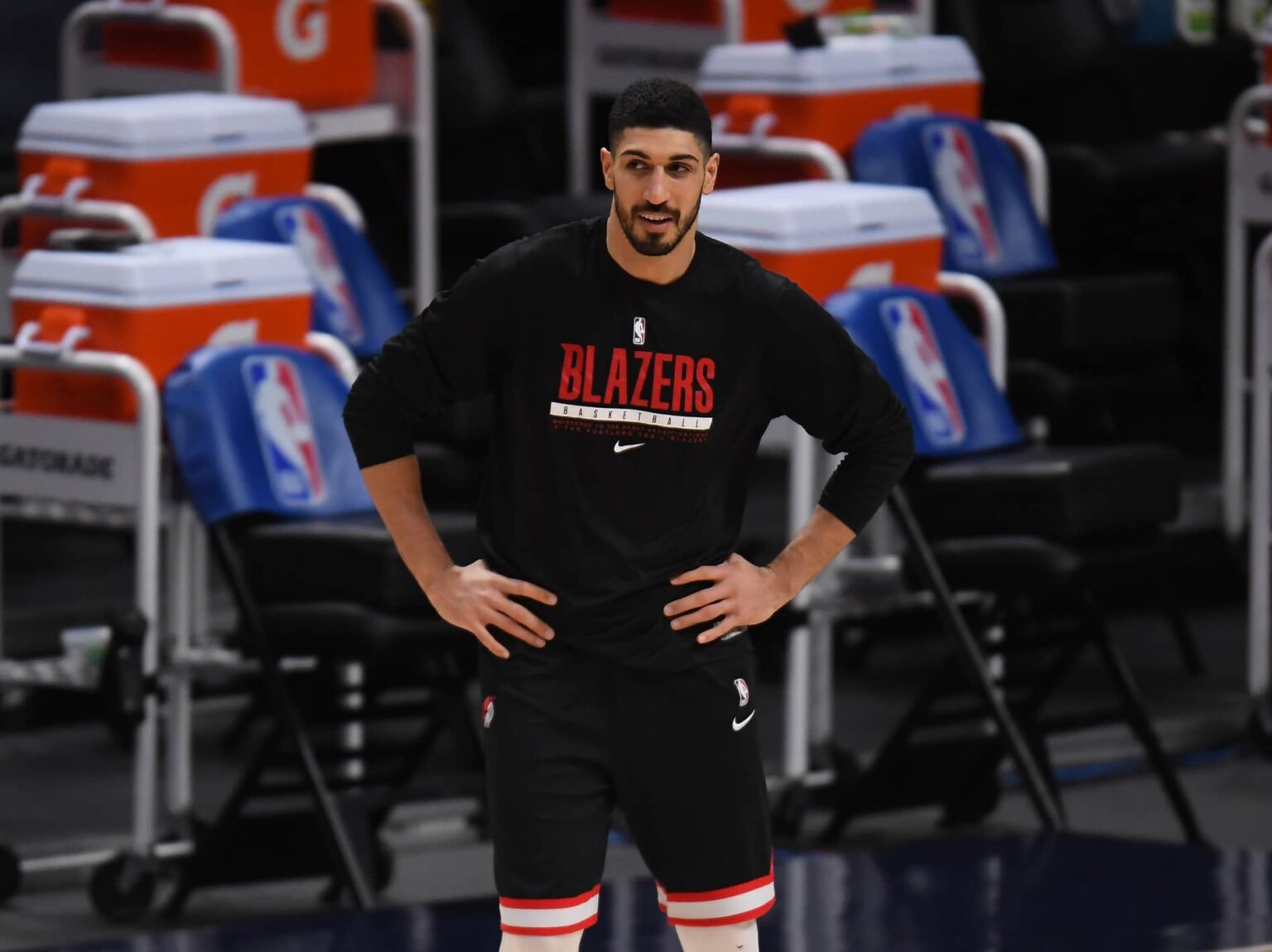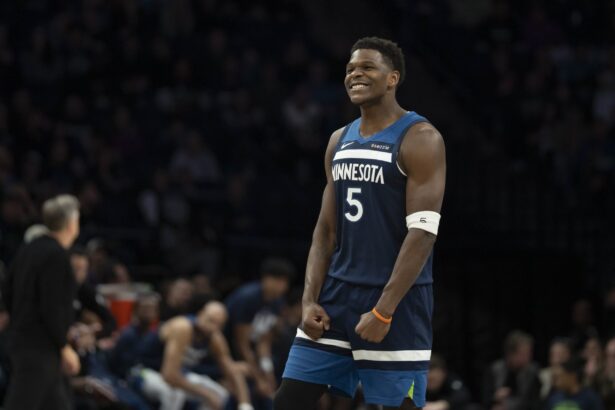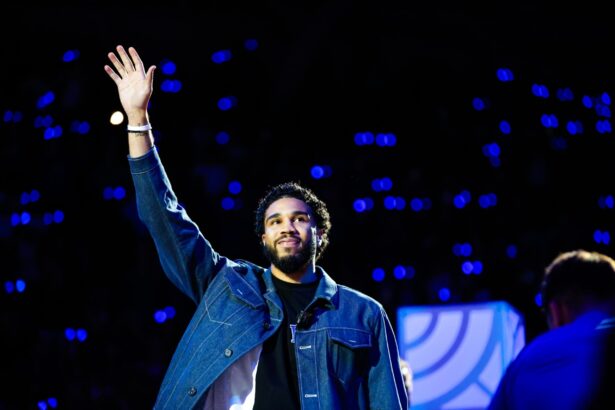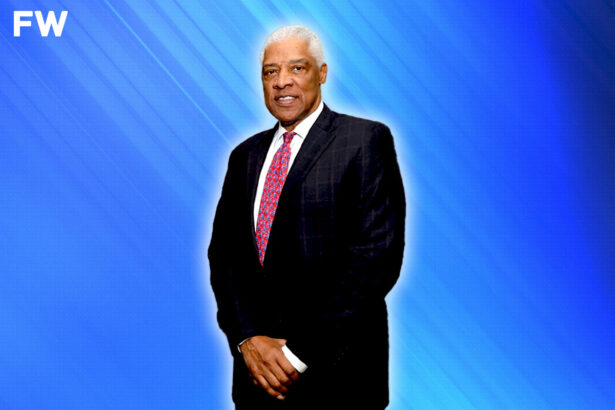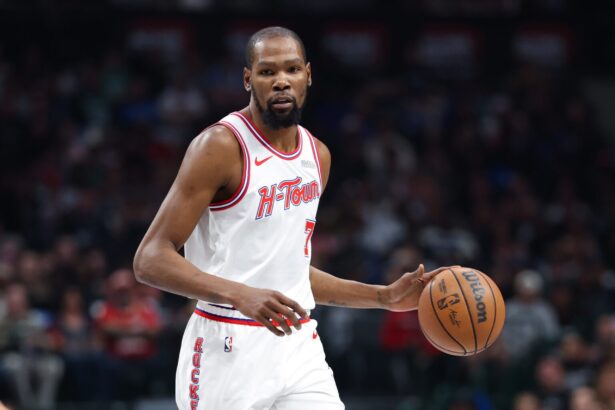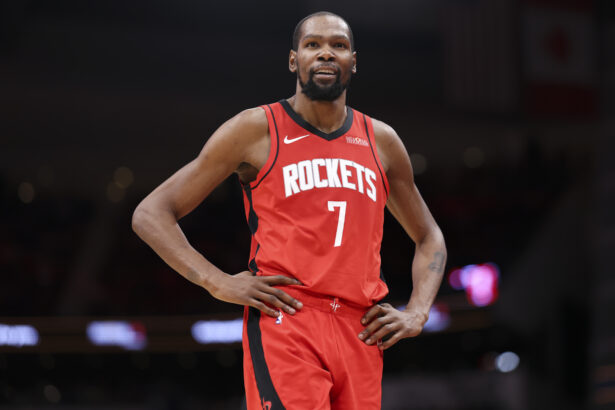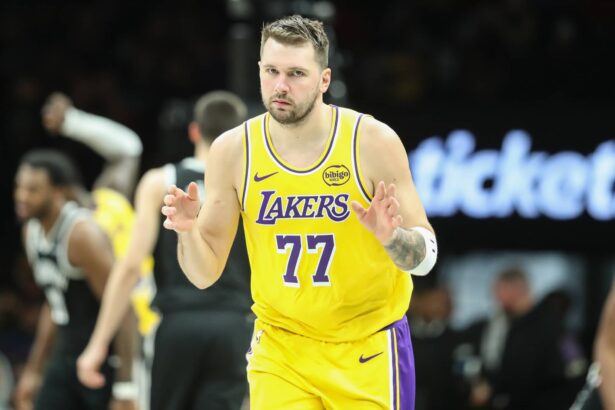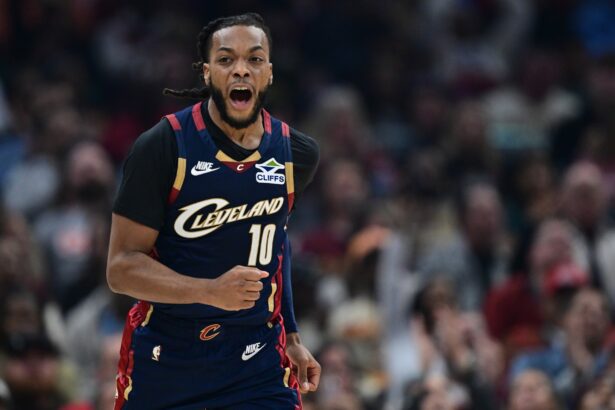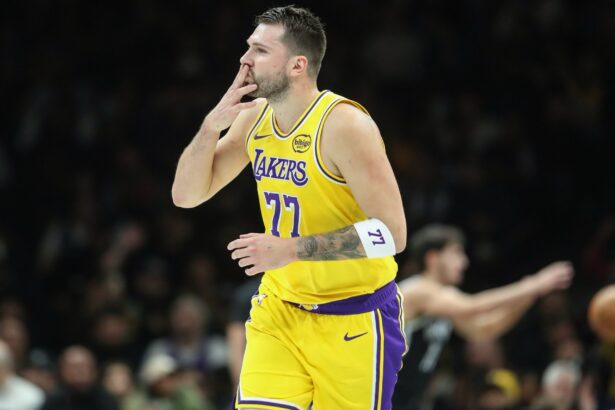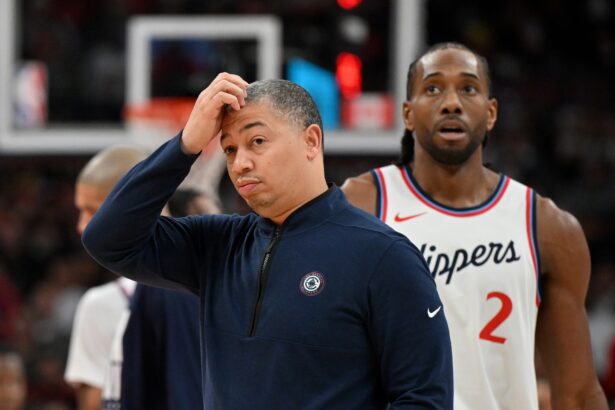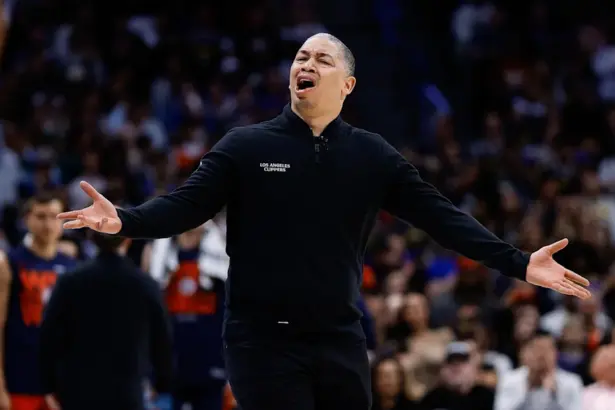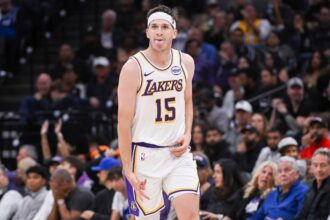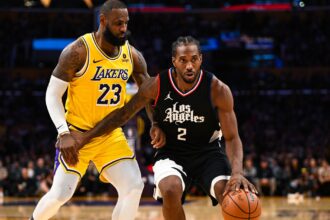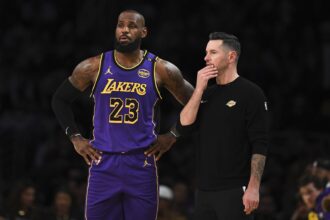Former NBA center Enes Kanter is once again making headlines, this time for his blunt take on Michael Jordan and his off-court legacy. In a recent interview, Kanter compared Jordan to LeBron James, arguing that while LeBron has made efforts to address social issues and uplift communities, Jordan has remained largely focused on financial gain.
“You know, I criticize LeBron a lot, but at least he talks about some of the problems that are happening in America, and he actually tried to do something, things that are bigger than basketball. He opened up a school or whatever. Jordan. Nothing. He doesn’t care about anything. The only thing he cares about is just making money and selling shoes. That’s it.”
It’s not the first time Kanter has spoken critically about the NBA’s biggest names. Known for his outspoken nature, the Turkish-American player has used his platform to call out players, teams, and even governments for what he sees as moral inconsistencies. But this time, his target, the global icon who built Jordan Brand into a billion-dollar empire, has stirred even greater debate.
Kanter’s comments reignited an ongoing discussion about how the two greatest players in NBA history have handled their responsibilities off the court. While LeBron and Jordan share global recognition, their approaches to activism and philanthropy have been worlds apart.
LeBron James has long been at the forefront of player empowerment and social advocacy.
Through his LeBron James Family Foundation, he has funded housing projects, mentorship programs, and education initiatives. The crown jewel of his efforts, the I PROMISE School in Akron, Ohio, provides free tuition, meals, transportation, and college scholarships for hundreds of underprivileged children. LeBron has also been vocal on political and racial justice issues, launching campaigns like More Than A Vote to combat voter suppression.
Michael Jordan, on the other hand, has been historically more private and apolitical. During his playing career, Jordan avoided political statements, preferring to focus on basketball and business. His infamous remarks, “Republicans buy sneakers, too,” during a 1990 North Carolina Senate race, became a defining example of his reluctance to mix politics with his public image.
Still, it would be unfair to say Jordan has done nothing.
In recent years, he has quietly ramped up his philanthropic work. He has donated $100 million over ten years through the Jordan Brand to organizations promoting racial equality, social justice, and education. He also funded multi-million-dollar health clinics in North Carolina, providing care for uninsured and underprivileged families, a major step in addressing systemic healthcare gaps in his home state.
The real difference between LeBron and Jordan may come down to visibility. LeBron’s philanthropy and activism are public and vocal, consistent with today’s social media era. Jordan, whose career peaked in a different time, often worked quietly behind the scenes. His style has always been measured, corporate, and detached, traits that helped him build a brand worth billions but also earned him criticism for staying silent on major issues.
Kanter’s take, while blunt, reflects a sentiment shared by some modern athletes who believe global icons like Jordan have a moral duty to speak out. However, others argue that Jordan’s immense contributions, both financial and inspirational, cannot be dismissed simply because he chooses not to campaign publicly.
At its core, Kanter’s criticism isn’t just about Jordan, it’s about how society defines greatness. For LeBron, it’s as much about impact as it is about titles. For Jordan, it has always been about excellence and dominance, both on the court and in business.
Whether one agrees with Kanter or not, his remarks reignite an age-old debate that extends beyond basketball: should athletes, especially those as influential as Jordan and LeBron, be judged solely by their game, or also by what they do off it?
Either way, the conversation proves one thing, nearly two decades after his final retirement, Michael Jordan’s name still commands as much passion and controversy as it did during his playing days.

